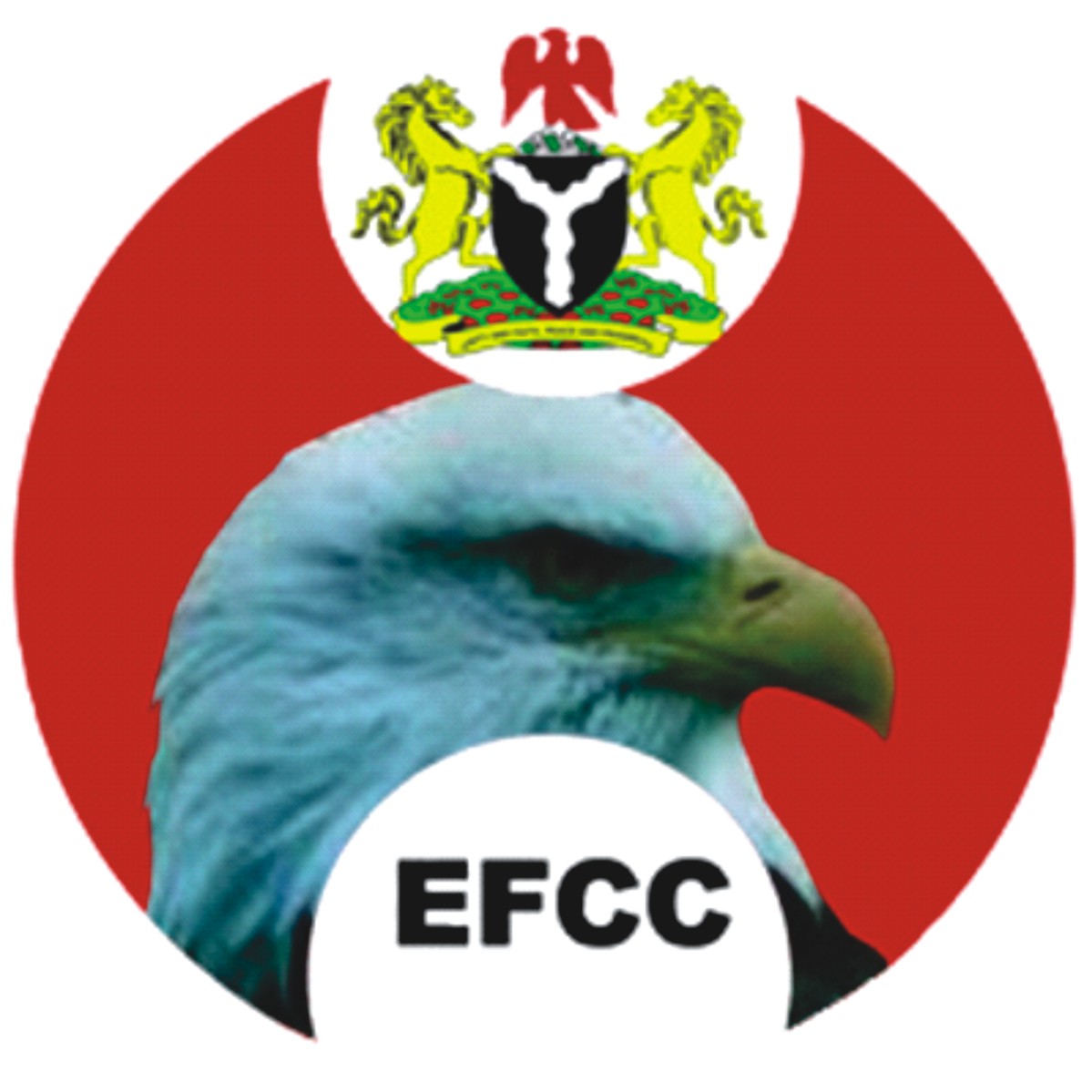News
EFCC: Magu Begged Me For Confirmation, Saraki Tells CJ

The former Senate President, Dr Bukola Saraki says the acting Chairman of the Economic and Financial Crimes Commission (EFCC), Mr Ibrahim Magu, visited him in 2016 and begged him to ensure that he was confirmed by the Senate.
Saraki added that he explained to Magu that the Department of State Services (DSS) had written a letter to the upper chamber of the National Assembly accusing the EFCC boss of corruption and being unfit to hold the office, and thus, should not be confirmed.
The former Senate President said this in a letter addressed to the Chief Judge of the Federal High Court, Justice Adamu Abdu-Kafarati.
Saraki’s letter was written in response to a previous letter written by the EFCC to the chief judge.
The EFCC, in a letter sent to Abdu-Kafarati, on May 21, accused Justice Taiwo Taiwo of being biased against it.
Saraki had filed a fundamental human rights suit before Justice Taiwo, who in turn granted an ex parte order restraining the commission and five other agencies of the Federal Government from continuing its investigations of certain corruption allegations against him.
However, in a protest letter signed by Magu, the EFCC requested the re-assignment of the two ex-governors’ cases and all other ones involving it in the judge’s docket to another judge of the court.
In his own letter, however, Saraki said the EFCC was after him because Magu believed he had a hand in his confirmation.
The letter read in part, “Your Lordship, Mr. Magu after his nomination, came to see me pleading that I should do my best to help him during the screening process. During that meeting, I made it clear that I had no objection to his nomination and revealed to him, in confidence that he needed to go and clear himself with the DSS because the report on him was unfavourable.
“In fact, I bent backwards to let him read the content of the indicting security report submitted on him.
“Also, I decided to delay the screening to give him ample time to get the DSS to change the report. As it eventually turned out, he was unable to get the adverse DSS report reversed.”
Saraki, who was the chairman of the 8th National Assembly, said the acting EFCC boss had since been hounding him.
He said the DSS actually sent two reports against Magu and it was the belief of the agency that confirming the nomination of such a man would be inimical to the war against corruption.
The former Senate President wrote, “My Lord, Mr. Magu is after me because he feels that as the President of the 8th Senate, I was responsible for the non-confirmation of his appointment, whereas the reason his appointment was not confirmed is all too familiar: an agency of the executive, which nominated him, the DSS, sent two reports to the Senate in which it categorically stated that Magu failed the integrity test, that his confirmation would shackle the EFCC from effectively tackling corruption in the country and hampering the anti-corruption drive of the President Muhammadu Buhari administration.”
He said it was in a bid to ensure transparency that the Senate allowed Magu’s screening to be aired live on television.
Saraki, who was governor of Kwara State from 2003 to 2011, urged the CJ to ignore the EFCC’s request even as he added that all the allegations levelled against him were not different from the charges filed before the Code of Conduct Tribunal which were quashed by the Supreme Court.
News
198 UNIBEN Students Bag First Class

News
Bayelsa Education Fund, British Council trains tra 1,000 teachers

News
RSG INAUGURATES ARMED FORCES REMEMBRANCE DAY COMMITTEE

The Rivers State Government has inaugurated a Central Planning Committee to organize the celebration of the 2026 Armed Forces Remembrance Day (AFRD) in the State.
The committee was formally inaugurated by the Secretary to the State Government, Dr. Benibo Anabraba in Port Harcourt, last Thursday.
Dr Anabraba who also serves as Chairman of the Committee
highlighted the State Government’s deep appreciation for the sacrifices of Nigeria’s fallen heroes who laid down their lives for the nation’s peace and unity.
“These heroes have given their lives for the security and peace of our nation and deserve to be celebrated. The Armed Forces Remembrance Day is an opportunity to show our gratitude for their sacrifice,” he said.
Dr. Anabraba further extended recognition to all Security Agencies in the State, emphasizing the importance of the event in appreciating their contributions to national security and sovereignty.
The annual Armed Forces Remembrance Day, observed on January 15 across the country is dedicated to remember Nigeria’s departed soldiers and honouring the nation’s veterans.
-

 Sports4 days ago
Sports4 days agoBarca Impress On Return To Camp Nou
-

 Sports4 days ago
Sports4 days agoSunderland Fall At Fulham
-

 Sports4 days ago
Sports4 days agoBundesliga: Oliseh Stars As Bayern Rebound To Thrash Freiburg
-

 Sports4 days ago
Sports4 days agoForest Embarrass Liverpool At Anfield
-

 Niger Delta4 days ago
Niger Delta4 days agoTraditional Ruler Seeks End To Benin Artifacts Unauthorized Promotion
-

 Sports4 days ago
Sports4 days agoOgoni Nation Cup: Victory Against Amee Base Excites Coach
-

 Maritime4 days ago
Maritime4 days agoNSC Decries Police Interferences With Cargoes At Seaports
-

 Politics4 days ago
Politics4 days agoCleric Tasks APC On Internal Stability, Warns Otti

